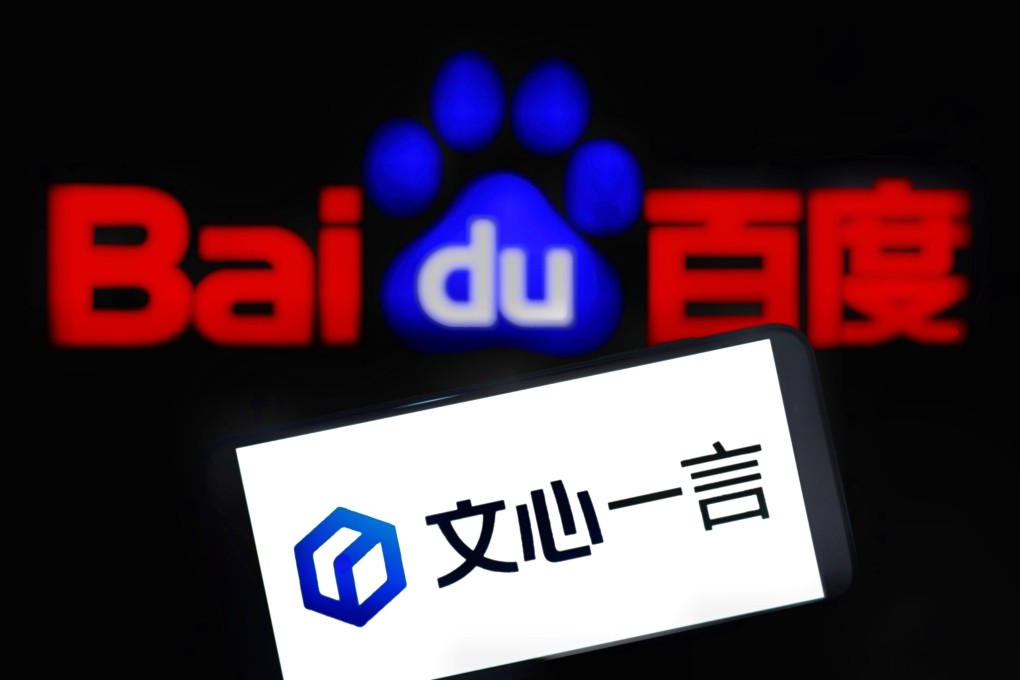Chinese online search giant Baidu’s Ernie Bot joins iFlytek’s Spark on Apple’s mainland App Store, but local AI chatbots still on trial mode
- Ernie Bot and Spark are the first ChatGPT alternatives developed by local Big Tech firms to get listed on Apple’s App Store on the mainland
- Internet regulator the Cyberspace Administration of China has yet to issue a licence for any generative AI product in the country

Developed by Beijing Baidu Netcom Science & Technology Co, Ernie Bot is free to download like Spark, but it is only accessible to users who had previously gained test qualification on the chatbot’s web version. New users must apply online to gain access to the app.
The service, however, remains on trial mode because Beijing has not allowed ChatGPT and other generative AI services to be made available to the general public. That means Ernie Bot users are required to obtain an additional permit to use any of the app’s functions after downloading it.
Generative AI describes algorithms that can be used to create new content, including audio, code, images, text, simulations and videos. Recent breakthroughs in the field have the potential to drastically change the way people approach content creation.
